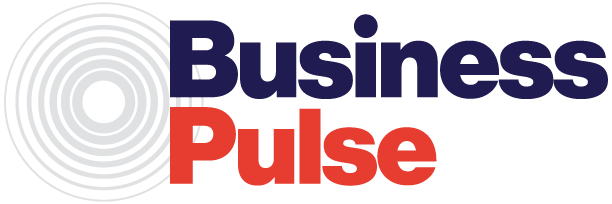Unlocking Value: How a Strong Brand Can Maximize Your Business Sale

When it comes time to sell a business, many factors contribute to its value—financial health, operational efficiency, market position, and more.
However, one often underappreciated asset that can significantly impact the sale price is the strength of the brand. A well-established, recognizable brand not only differentiates a business in the marketplace but also enhances its appeal to potential buyers. At BusinessPulse, we emphasize that building a strong brand is one of the most critical investments a business owner can make to increase the overall value of their company.
What Is a Brand?
A brand is more than just a logo, tagline, or color scheme. It’s the perception customers and the public have of a business. A strong brand represents trust, quality, and reliability, creating an emotional connection with customers that drives loyalty and repeat business. It’s the essence of the company’s reputation, including its story, culture, customer experience, and mission.
How a Strong Brand Increases Business Value
1. Brand Equity Builds Customer Loyalty
A recognizable and trusted brand creates emotional connections with customers that go beyond products or services. Buyers look for businesses that have established customer loyalty because it reduces the risk of customer churn post-sale. When a business has a brand that customers trust, they are more likely to continue buying, even during transitions, adding value to the sale price.
2. Differentiation in the Marketplace
In a competitive market, a strong brand is what sets a business apart from its competitors. It tells the story of why the business is unique and valuable. When preparing to sell, differentiation can make a business stand out to potential buyers. Businesses with well-defined brands are often seen as less risky investments because their identity is clear, established, and resonates with a targeted audience.
3. Enhanced Perceived Value
A strong brand can command a higher sale price simply by increasing perceived value. Businesses with recognizable brands are often able to charge premium prices, retain high margins, and build customer loyalty more effectively. This translates to higher earnings, which are critical in determining a business’s value at the time of sale. A well-established brand signals to potential buyers that the business is profitable, sustainable, and primed for growth.
4. Goodwill and Intellectual Property
When selling a business, brand equity often contributes significantly to the total valuation as part of intangible assets like goodwill. A well-established brand may include trademarks, intellectual property, and proprietary branding elements that hold their own financial value. This can make a business more attractive to buyers looking for a turn-key opportunity with existing brand recognition, ready-to-go marketing materials, and a loyal customer base.
5. Marketing Power and Scalability
A strong brand has the marketing infrastructure in place, from website traffic to social media followings, that can be leveraged to attract new customers and enter new markets. Buyers want businesses that have scalable marketing strategies, and a brand that resonates with customers today will likely do the same in the future. This forward-looking potential can help justify a higher valuation during the sale process.
The BusinessPulse Approach: Aligning Brand with Business Value
At BusinessPulse, we know that one of the first areas to focus on in increasing business value is aligning the brand with the company’s operational strength. When clients go through our valuation process, we dive deep into the brand to ensure it reflects the quality and success of the business itself. This alignment not only strengthens the company’s position in the market but also adds substantial value at the time of sale. A well-rounded business with a cohesive, powerful brand is more likely to attract buyers and secure a higher price.
Maximizing Brand Value in Exit Planning
At BusinessPulse, we work with business owners to ensure that their brand is not only valuable today but also positioned to add value when the time comes to sell. Brand-building is a long-term strategy that includes everything from consistent messaging and strong customer relationships to maintaining a positive public reputation. Integrating brand strength into your overall exit plan ensures that you’re not leaving money on the table when negotiating a sale.
In the world of exit planning, brand strength is often the X-factor that separates high-value businesses from the rest. A business that has invested time and resources in building a recognizable, trusted brand will almost always be more attractive to potential buyers and command a higher sale price.
If you’re considering selling your business in the future, now is the time to start thinking about how your brand can help maximize its value. At BusinessPulse, our team specializes in helping companies build strong brands that not only thrive today but also add long-term value for future exits. Contact us today to learn more about how we can help make your business be profitable and prepared for a successful sale.
